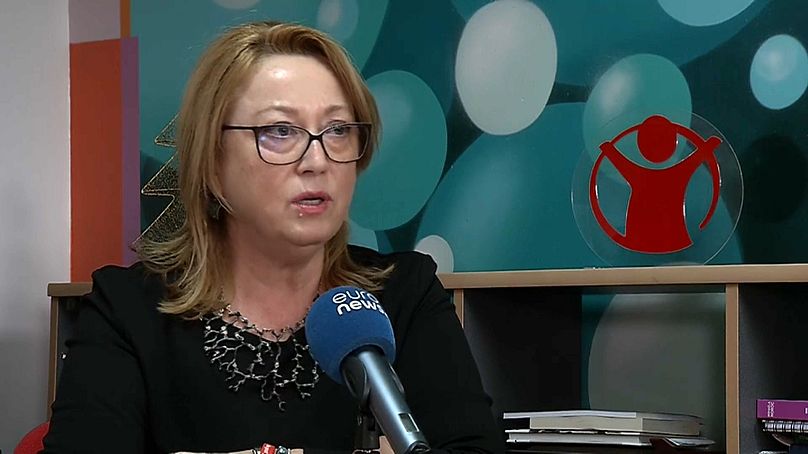The pandemic has increased the time children and teenagers are spending online. But experts warn that it is leaving children vulnerable to a host of negative consequences, like bullying, addictions and cyber predators.
Parents are becoming increasingly concerned by the amount of time their children are spending on screens, it's been claimed.
 ADVERTISEMENT
ADVERTISEMENT
 ADVERTISEMENT
ADVERTISEMENT
With COVID-19 pushing classes online and restrictions curtailing outdoor activities, children are spending more time than ever in front of computers, according to Save the Children.
It says, as a result, cyberbullying, sexting, nudity, easy access to fake news and gaming addictions are among the dangers teenagers are being exposed to.
Gabriela Alexandrescu, executive president of Save the Children in Romania, said last year 1,160 counselling requests for internet-related problems had been received in the country.
There were also countless reports of illegal content online. Of the 1,500 incidents reported to Save The Children, more than 1,000 were related to child sex abuse.
Psychologists are alarmed and say that such extreme cases have soared since the COVID-19 pandemic began. They attribute it to children being more active online and glued to screens. In addition, they believe it to be the source of mental health and emotional wellbeing problems in young people. Overall, parents say they feel the childrens' behaviours are changing.
Mihaela Dinu is a psychologist for Save the Children, Romania. She says that "since classes went online, there have been difficulties in concentration, irritability: there are more sleeping and eating disorders".
She says children suffering from social anxiety are happier to follow classes online because it means less social contact, however, many pre-existing conditions have now been amplified.
Save the Children Romania has adapted its counselling sessions and hotlines to respond to the increased demand for help during the pandemic.
It also now works with teenage volunteers who try to teach their friends and fellow students how to stay safe from the dangers of the internet.
According to a study by the NGO, 63% of students, teachers and parents in Romania think that child safety online is a vital issue that still needs to be addressed by the authorities. Psychologists are also warning that online harassment and cyberbullying can cause anxiety, fear, depression and even Post Traumatic Stress Disorder in children and teenagers.
This story is part of a series of healthcare-related articles that Euronews will publish between March 29 and April 2.











